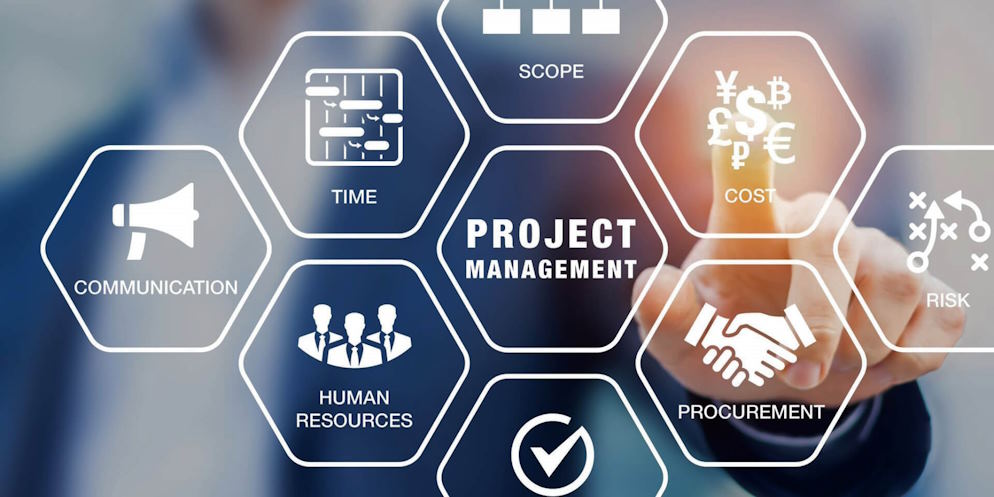How To Manage Any Project Successfully?
Managing projects can sometimes be challenging, but it doesn’t have to be overly difficult. While there might be some challenges, having a structured approach, good communication, and the right tools can make project management more manageable and successful.
In what way can I manage any project successfully?
It involves several key steps and strategies. Here’s a comprehensive guide to help you navigate the process:
Set Clear Goals and Scope
Clearly define the project’s objectives and outline the scope of work. Having a precise goal and scope helps everyone involved stay focused and aligned.
Plan and Organize
Develop a comprehensive project plan that outlines all the necessary tasks, their sequence, and deadlines. Break the work into manageable chunks, creating a roadmap for the project’s journey.
Build a Competent Team
Assemble a team with diverse skills and expertise relevant to the project. Assign roles and responsibilities based on strengths, and foster a collaborative environment where each team member knows their part in the project puzzle.
Effective Communication
Establish strong communication channels among team members, stakeholders, and clients. Regular check-ins, progress reports, and clear documentation ensure everyone stays informed and aligned.

Resource Management
Efficiently allocate resources such as time, money, and materials. Ensure that resources are available when needed, preventing any delays.
Risk Management
Identify potential risks that could derail the project. Develop strategies to mitigate these risks and have contingency plans to handle unforeseen challenges.
Monitor Progress
Continuously track the project’s progress against the plan. Regularly compare milestones reached with the project timeline and adjust as necessary.
Problem-Solving
Challenges are inevitable in any project. Foster an environment where the team can openly discuss issues and brainstorm solutions. Promptly address problems to keep the project on track.
Quality Assurance
Regularly review the project deliverables to ensure they meet quality standards. Conduct testing and evaluations to catch any issues before they become significant problems.
Flexibility and Adaptation
Be open to change. External factors, unexpected challenges, or new information might require adjustments to the project plan.
Continuous Learning
After completing the project, conduct a thorough evaluation. Identify what worked well and what could be improved. Apply these lessons to future projects for continuous improvement.

